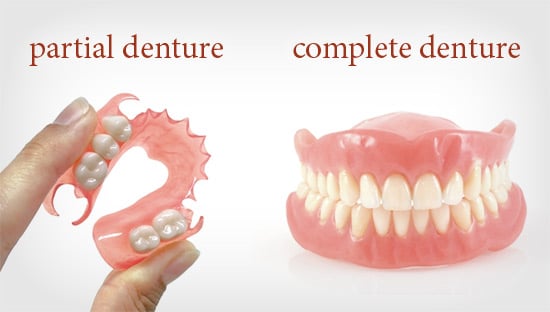Oral health and hygiene are essential for overall health. Unfortunately, some people need full or partial dentures to restore their smile and improve the quality of life they can enjoy. If you’re looking to get both a full and partial denture simultaneously, there are several tips you should keep in mind.
Dental Exam
A dental exam is the first step in getting a full and partial denture. During this exam, your dentist will evaluate the condition of your teeth and gums to determine what type of dentures you need and how they should fit. They’ll also take X-rays and make an impression of your teeth so a lab can manufacture the right size dentures for you.
Get Fitted
After the exam, you’ll need to get fitted for the dentures. This is done by having a dental technician take measurements and create plaster molds of your mouth. These molds will craft the dentures and ensure a perfect fit.
Choose the Right Material
Your dentist will explain all the available materials for both full and partial dentures so you can make an informed decision. Generally, acrylic dentures are more affordable, while porcelain dentures look more natural and last longer.
Follow Directions
Once you have your dentures, it’s important to follow your dentist’s instructions regarding care and maintenance. For instance, they may recommend soaking the dentures in a cleaning solution overnight or brushing them daily with a special toothbrush.
Post-Placement
Once the dentures are placed in your mouth, you should allow two weeks for your gums and cheeks to adjust to them before attempting to speak or eat with them. During this time, it’s important to follow your dentist’s instructions for proper cleaning and care.
Wear the Dentures
You should wear your dentures as much as possible during these two weeks, but take them out to clean them. This will help your mouth adjust to the new material and get used to speaking with the dentures in place.
Practice
Once the two-week period is up, you should start practicing speaking and eating with the dentures. It may feel strange at first, but with a little practice, it will become much easier.
Follow Up
Your dentist may want to follow up with you a few weeks after the dentures are placed to ensure everything is fitting properly and that your mouth has adjusted to them.
Conclusion:
Getting both a full and partial denture simultaneously can be daunting, but preparing for what’s ahead will make it easier. Be sure to follow your dentist’s instructions and practice speaking and eating with the dentures as much as possible.
FAQs
Q: How long do full and partial dentures last?
A: The average lifespan of a full or partial denture is five to seven years.
Q: How much do full and partial dentures cost?
A: The cost of full or partial dentures will vary depending on the material used but typically range from $800 to $3,000.
Q: What should I do if my denture is not fitting properly?
A: If your denture is not fitting properly, contact your dentist as soon as possible. They can adjust the dentures or have a new one fabricated if needed.


